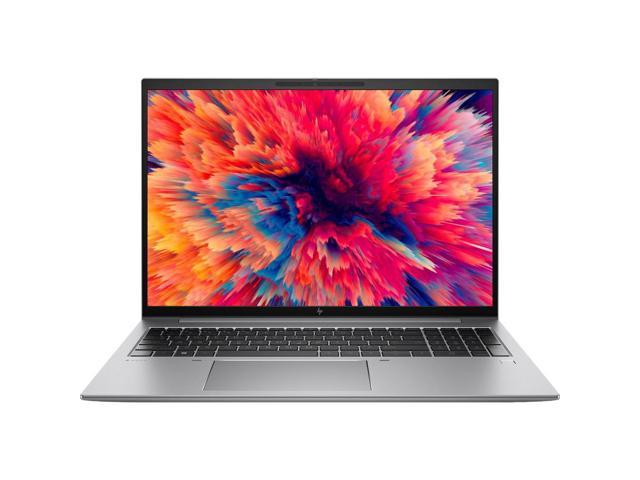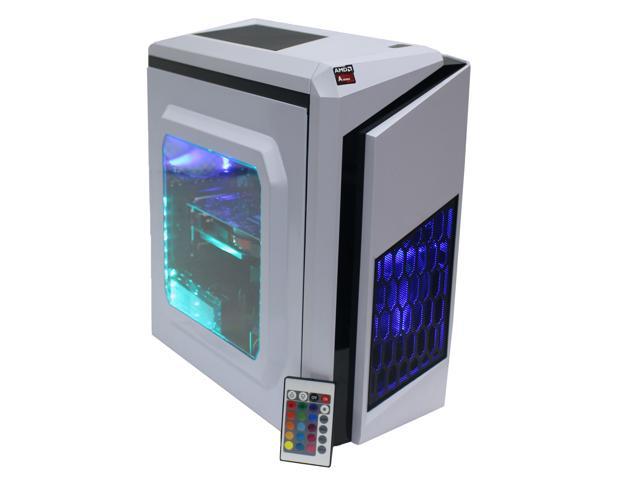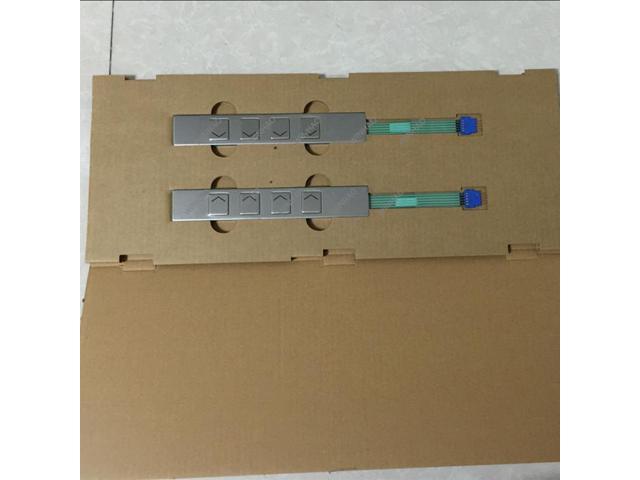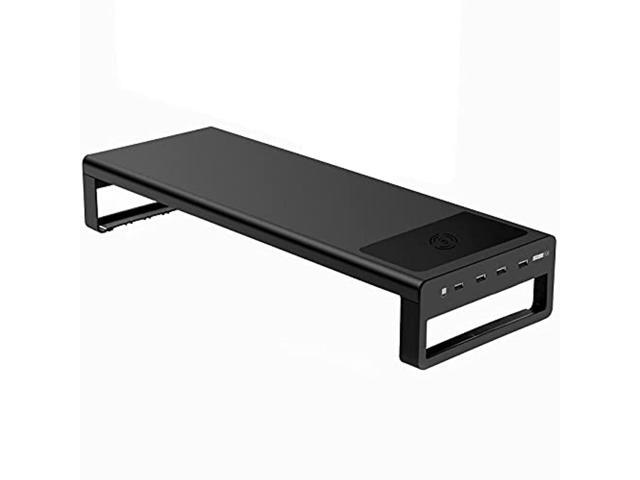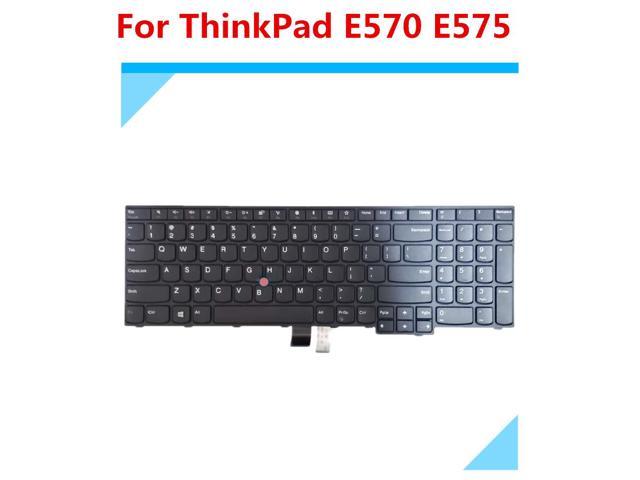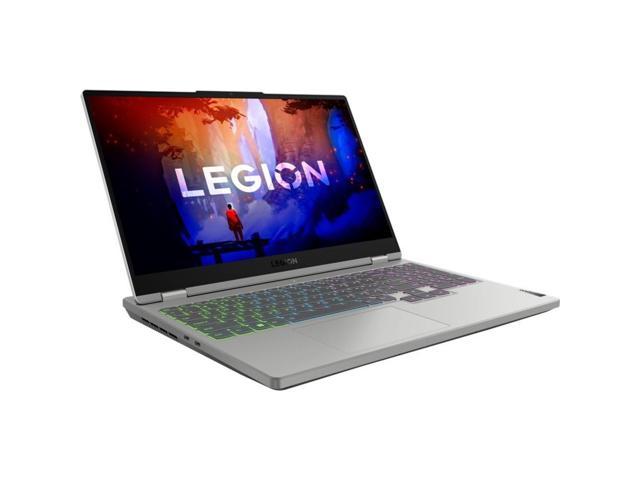According to market analysts, the market for consumer electronics will con tinue to grow at a rate higher than that of electronic systems in general. The consumer market can be characterized by rapidly growing complexities of appli cations and a rather short market window. As a result, more and more complex designs have to be completed in shrinking time frames. A key concept for coping with such stringent requirements is re-use. Since the re-use of completely fixed large hardware blocks is limited to subproblems of system-level applications (for example MPEG-2), flexible, programmable pro cessors are being used as building blocks for more and more designs. Processors provide a unique combination offeatures: they provide flexibility and re-use. The processors used in consumer electronics are, however, in many cases dif ferent from those that are used for screen and keyboard-based equipment, such as PCs. For the consumer market in particular, efficiency of the product plays a dominating role. Hence, processor architectures for these applications are usually highly-optimized and tailored towards a certain application domain.





